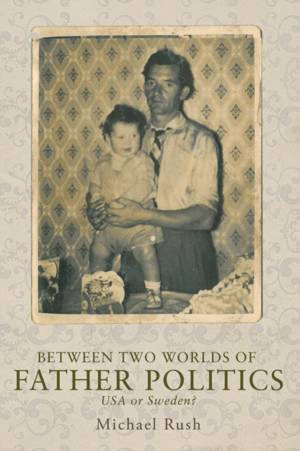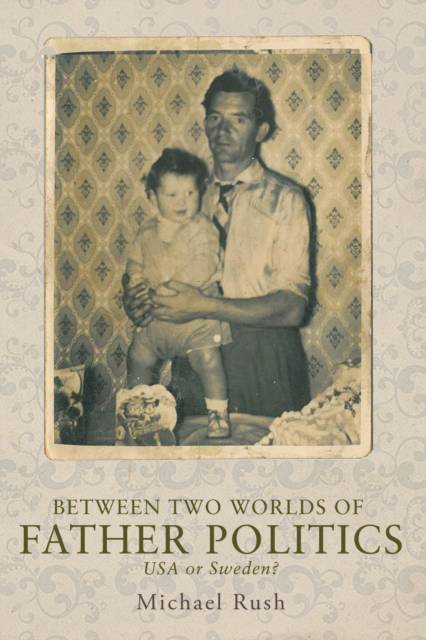
- Afhalen na 1 uur in een winkel met voorraad
- Gratis thuislevering in België vanaf € 30
- Ruim aanbod met 7 miljoen producten
- Afhalen na 1 uur in een winkel met voorraad
- Gratis thuislevering in België vanaf € 30
- Ruim aanbod met 7 miljoen producten
Zoeken
€ 209,45
+ 418 punten
Omschrijving
The essential message of the 'two regimes' model is that the social politics of fatherhood have taken on a global significance and that the USA and Sweden represent two ends of an international continuum of ways of thinking about fatherhood. The key selling points of the two regimes model are its topicality, originality, its global appeal, and its particularised appeal to readers in the USA, the Nordic countries, Great Britain, Ireland, the European Union, Japan and China. The book offers students a comparative analytical framework and new insights into why some welfare states have 'father-friendly' social policies and others do not. The book makes an original contribution to the growing fields of welfare regime and gender studies by linking the epochal decline of patriarchal fatherhood to welfare state expansion over the course of the twentieth century and it raises new questions about the legitimacy of religiously inspired neo-patriarchy.
Specificaties
Betrokkenen
- Auteur(s):
- Uitgeverij:
Inhoud
- Aantal bladzijden:
- 176
- Taal:
- Engels
Eigenschappen
- Productcode (EAN):
- 9780719091896
- Verschijningsdatum:
- 1/06/2015
- Uitvoering:
- Hardcover
- Formaat:
- Genaaid
- Afmetingen:
- 157 mm x 234 mm
- Gewicht:
- 408 g

Alleen bij Standaard Boekhandel
+ 418 punten op je klantenkaart van Standaard Boekhandel
Beoordelingen
We publiceren alleen reviews die voldoen aan de voorwaarden voor reviews. Bekijk onze voorwaarden voor reviews.











